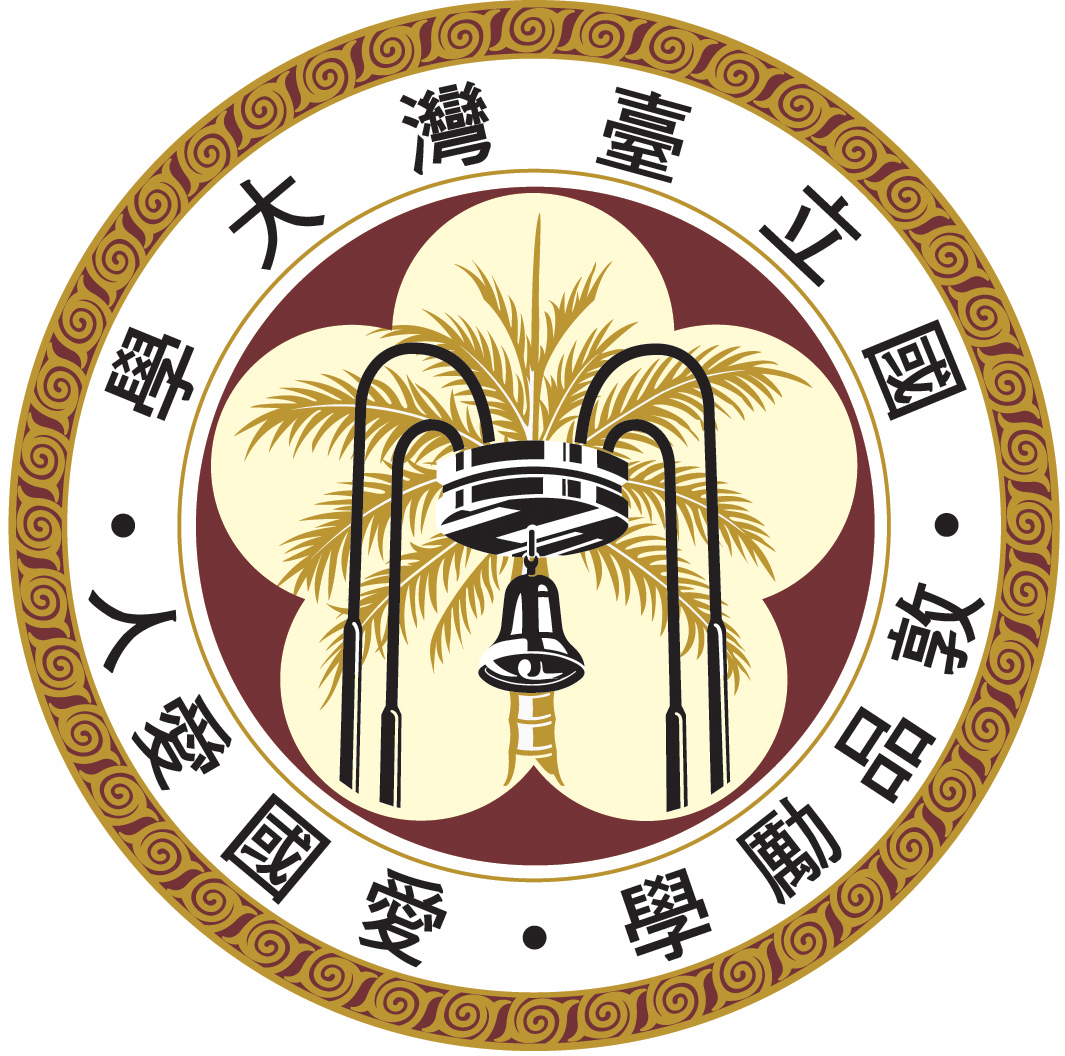Biogeochemical Processes Lab
Research Field
Dr. Yo-Jin Shiau's research focuses on biogeochemical processes in aquatic and soil ecosystems, particularly the nitrogen and carbon cycles. His work investigates how environmental factors and microbial communities regulate nutrient transformations, greenhouse gas emissions, and ecosystem sustainability across various environments, including paddy fields, wetlands, and mangrove forests.
A major area of his research is nitrogen transformation pathways and their role in nitrous oxide (N₂O) emissions. By analyzing nitrification and denitrification processes, he aims to establish emission factors and assess the impact of fertilizer application on greenhouse gas fluxes. In addition, his research explores methane cycling, including the activity of methanotrophs and methanogens, to understand microbial contributions to methane oxidation and production in different ecosystems. He also examines carbon sequestration mechanisms in wetlands, focusing on microbial processes that influence long-term carbon storage.
To achieve these objectives, Dr. Shiau employs stable isotope techniques, metagenomics, and sensor-based field monitoring. His research provides critical insights into biogeochemical processes, contributing to the development of sustainable agricultural and environmental management strategies.
Dr. Yo-Jin Shiau’s laboratory specializes in the study of biogeochemical cycles, focusing on the transformation of nitrogen and carbon in aquatic and terrestrial ecosystems. The lab investigates key processes such as nitrification, denitrification, methane oxidation, and methanogenesis to understand their roles in greenhouse gas emissions and ecosystem sustainability. Research areas include paddy fields, wetlands, and mangrove forests, with an emphasis on microbial community dynamics and environmental interactions.
The laboratory is well-equipped with advanced analytical instruments to support high-precision environmental and microbial research. Key facilities include an isotope ratio mass spectrometer (IRMS) for stable isotope analysis, a real-time PCR system for microbial gene quantification, a gas chromatograph (GC) for gas composition analysis, an elemental analyzer (EA) for carbon and nitrogen content measurement, a total organic carbon/nitrogen (TOC/TN) analyzer, and an ion chromatograph (IC) for analyzing dissolved inorganic ions. In addition to these core instruments, the lab is equipped with a wide range of molecular biology and chemical analysis tools to facilitate comprehensive studies on microbial processes and nutrient cycling.
With a combination of cutting-edge technologies and interdisciplinary approaches, the lab aims to advance the understanding of biogeochemical processes and contribute to sustainable environmental management.
- Biogeochemistry
- Carbon and nutrient dynamics
- Stable isotope probing
- Ecological engineering design and management
- Wetland restoration and management
- Greenhouse gas monitoring and modeling
- Machine vision in ecosystem monitoring
- Taiwan University Annual Outstanding Teacher Award (2021) – Recognized for excellence in teaching and academic contributions.
- Academia Sinica Short-term Visiting Scholar Award (2021) – Selected for a prestigious research visit to Academia Sinica, supporting advanced studies in environmental biogeochemistry.
Ph.D. Dec 2014 North Carolina State University, Raleigh, NC, USA
Biological and Agricultural Engineering (Minor: Soil Science)
M.S. Jun 2006 National Taiwan University, Taipei, Taiwan
Bioenvironmental Systems Engineering
B.S. Jun 2004 National Taiwan University, Taipei, Taiwan
Bioenvironmental Systems Engineering
